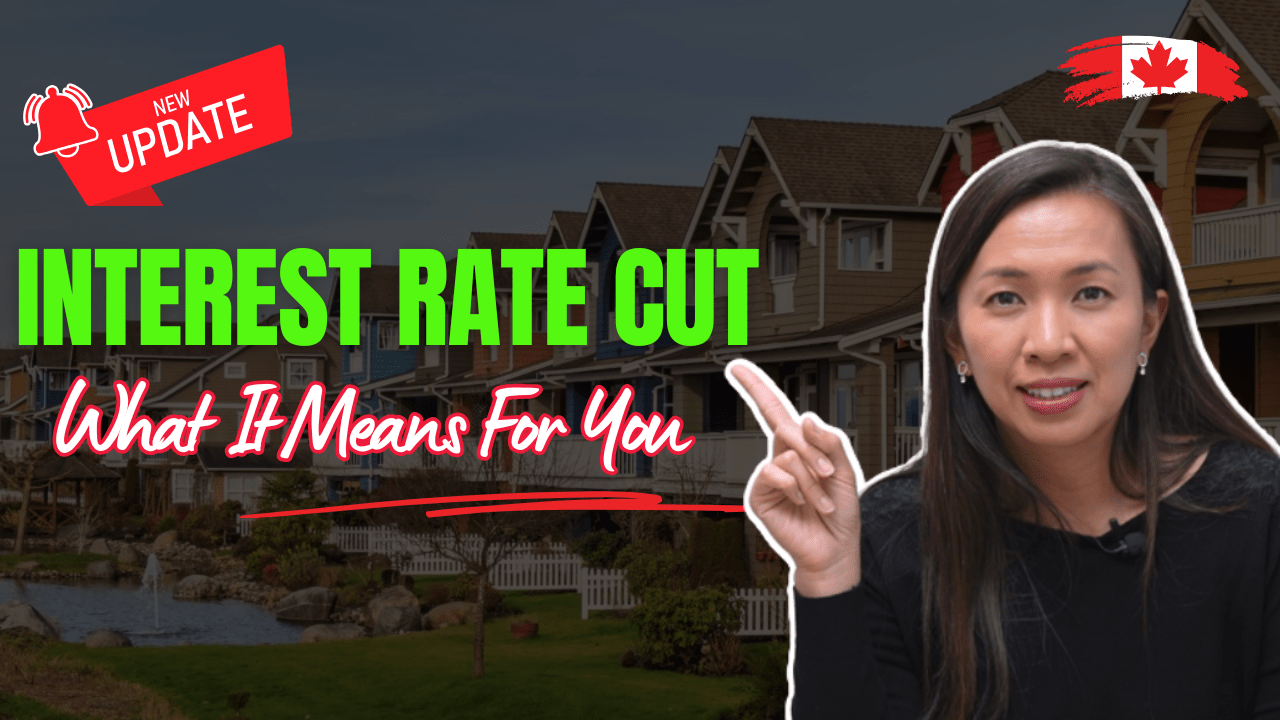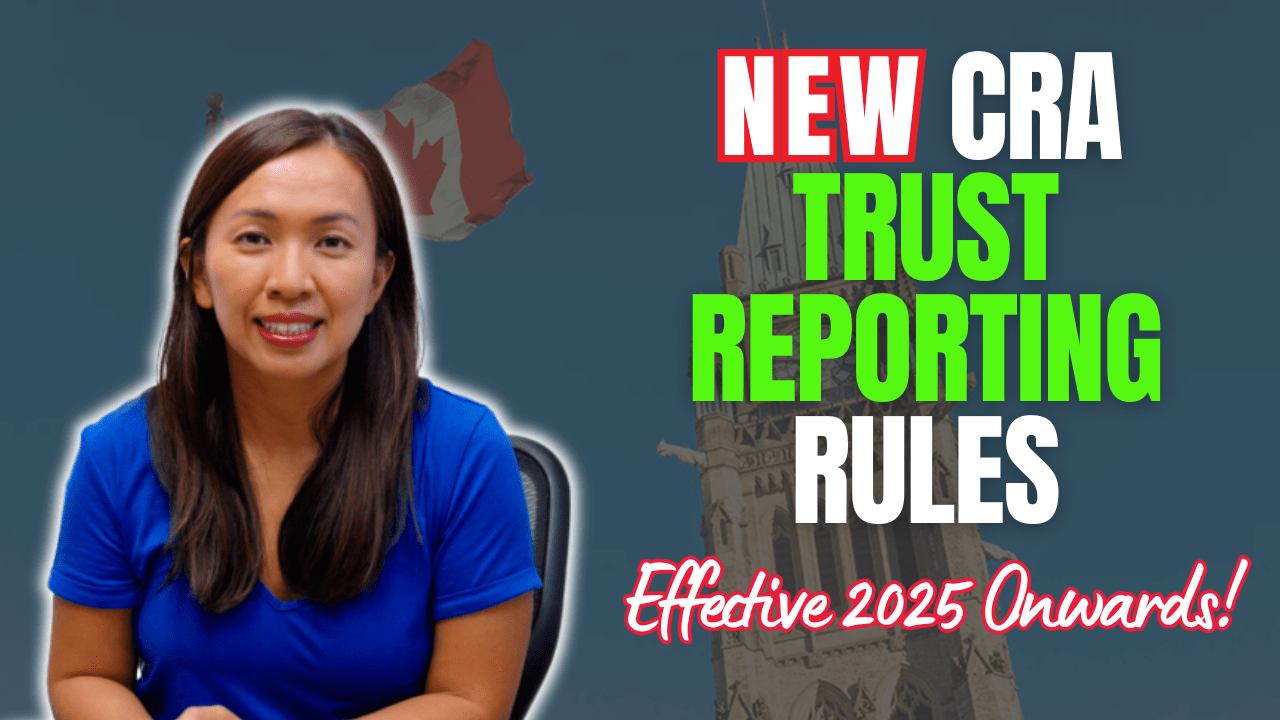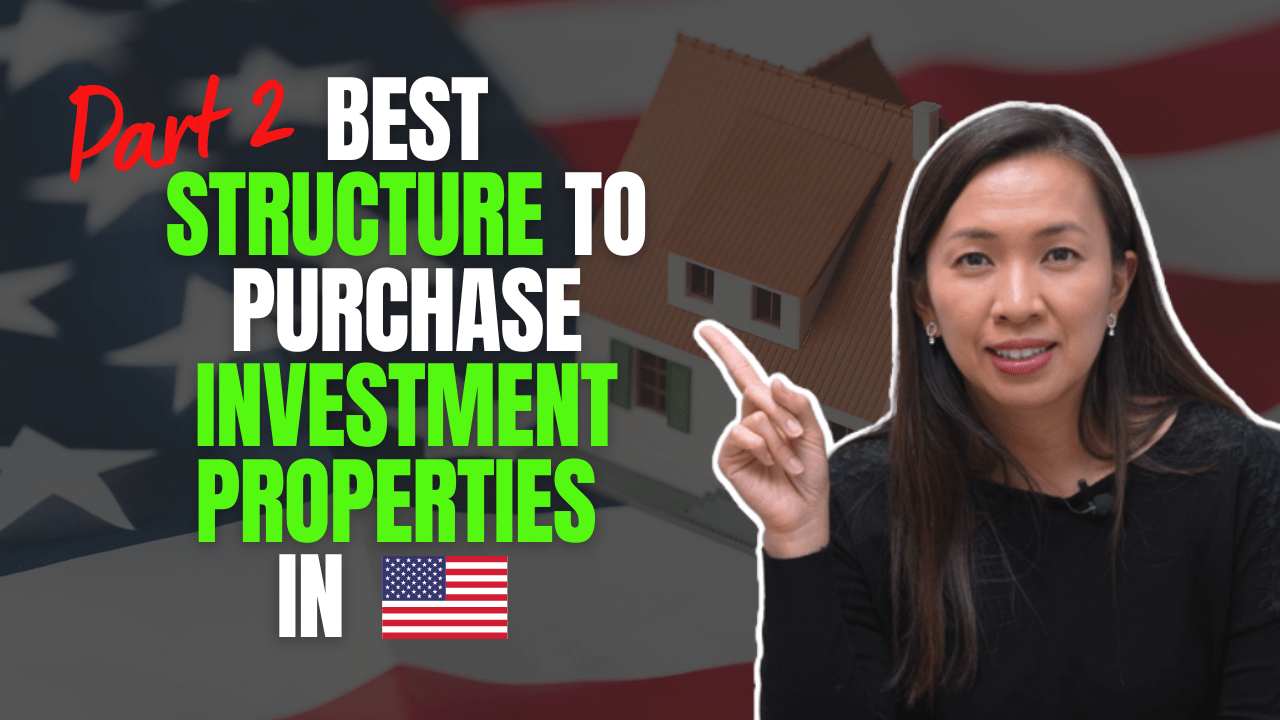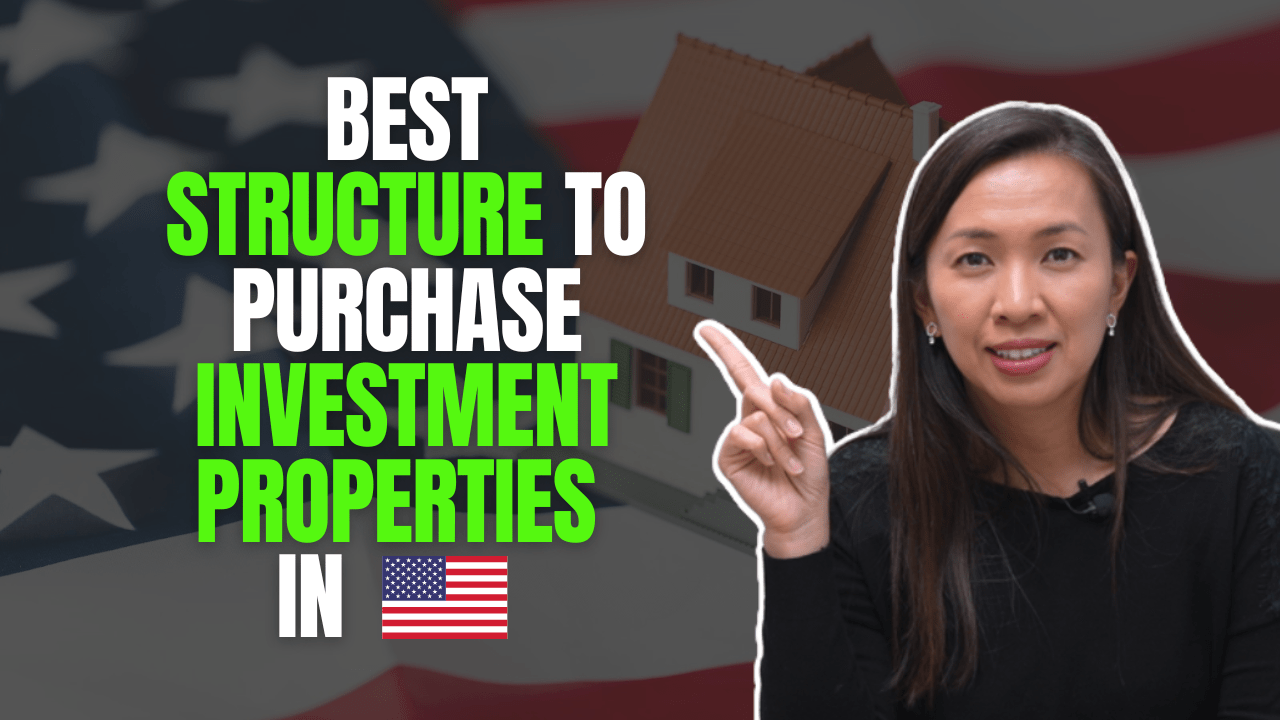I was working crazy hours for a private label pet food manufacturing company managing their Thailand plants from Canada.
I found the job stressful and tiring. It didn’t help that I had to commute from Richmond Hill to Port Credit, Mississauga.
I just wanted more sleep! I needed a change.
My first instinct was not to leave my demanding job. Call me crazy, but my first instinct was to get a place closer to the office to save on my commute and work longer hours.
I started looking in Port Credit and there was a new condominium being built at Hurontario and Lakeshore. Just 2 minutes from the office! They even had one last unit with a lakeview available on the 7th floor.
It was perfect for me.
The only problem, the condo was asking for $550K and the condo fees were estimated to be $0.55 per square foot.
For this particular one plus one condo, it would cost roughly $1,500 for mortgage payment and $800 maintenance fee.
Compared to my one bedroom condo in Richmond Hill, this new condo had an extra den, an extra bathroom and a lakeview balcony.
With these three extra features, I would also take on 3 times of my original mortgage! I thought to myself, “no way! I can’t commit to this.”
Right around the same time, my friend and her fiancé (they’re married now J) were looking at a townhouse for sale. They then moved into a beautiful townhouse together in south Etobicoke. With a similar price point (actually a bit less expensive), they have a three bedroom, 2.5 bathroom, double car garage townhouse located in Toronto! They even told me that having a car garage wasn’t at the top of their list when looking for a house, as they could always have a prefab garage built if they needed to. But now they have two; how lucky are they? I’m actually quite jealous.
This townhouse is right at QEW and Islington, 10 minutes away from Port Credit.
Immediately I started searching for the same type of townhouses for sale in the area. Three months later, I moved into this huge home by myself.
It was definitely a stretch financially with my car and mortgage payment. It also didn’t help that I took a pay cut to work for a big company in exchange for a better work-life balance.
It was tough financially but somehow I made it through. This townhouse turns out to be the best investment in my life so far. The first year appreciation in this house allowed me to purchase my first student rental. I’m considering adding rental space with other properties now. Three years have gone by, the rent has gone up so much that it provides $600 cash flow on a monthly basis.
If I were to refinance this place today, I would be able to take out the entire initial downpayment I put in three years ago – TAX FREE! Money I can get out is sufficient enough for me to buy another investment property in Hamilton on the mountain.
When you refinance an investment property, what is the ultimate tax impact? You don’t pay tax when you refinance, you pay tax when you actually sell the property!
Using the townhouse as an example, let’s say my townhouse was purchased as an investment property initially. Say I paid $530K for the property. I had put in a 20% downpayment, leaving a mortgage of $424,000.
For simplicity reason, we ignore all the legal costs and land transfer tax. These should be added directly to your cost base.
When I refinanced the property, I took out $46K of equity. My cost for this townhouse now decreased to $484,000 ($530,000 – $46,000).
If I do decide to refinance it again up to 80% of the market value, I can roughly take out another $30K. Now my new cost base is $484,000 – $30,000 = $454,000.
Of course, I can continue to refinance the property when the value appreciates. Or I can sell it to make a profit. Before you sell a property that you can easily refinance, you should first consider the tax implication.
Say I am selling this property next year for $650,000. The capital gain I will have to report is = $650,000 – $454,000 = $196,000, half of which is taxable $98,000. I will have to pay about 50% tax on this gain, roughly $49,000.
My net cash position is:
$650,000 – $424,000 (original mortgage) – $46,000 (first refinancing) – $30,000 (second refinancing) – $49,000 (tax liability) = $101,000.
Sure enough, if you need the cash of $101,000 immediately, selling allows you to access this larger amount immediately.
But if you really don’t need the cash and all you need is access to the equity, you may want to consider refinancing the property again. You still own the property and no tax dollars are owed to CRA on refinancing.
Until next time, stay warm!
Cherry, Your Real Estate Accountant






Dean
Very informative blog. I even read it twice so as to relate it to my own situation.
Dean